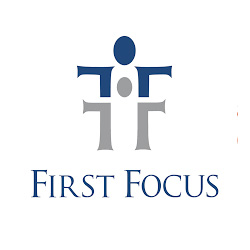About Us
Education
March 25, 2024
A Rough Legislative Session for Utah Kids (Again)
January 10, 2024
Our 2024 Legislative Agenda
October 10, 2023
It’s Official: Access to Licensed Child Care Statewide is Really Bad (and Getting Worse)
Tagged under
January 23, 2023
Invest in Utah's Future Coalition: $5.6b of unmet needs should be prioritized over tax cuts
November 21, 2022
Digital Media Policies & Kids: The need for more thoughtful approaches to solutions
Tagged under





